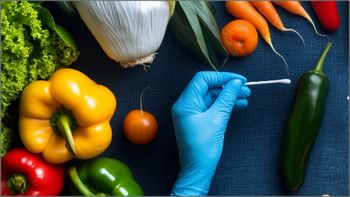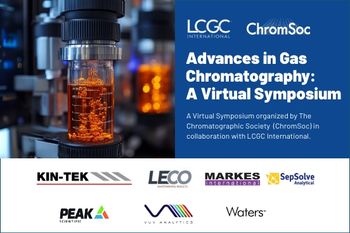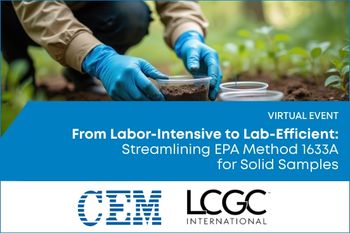
- The Column-11-07-2011
- Volume 7
- Issue 20
Green Chemistry with Microbore Chromatography
In response to the environmental challenges during the last decades, several important laws such as the Clean Air Act, the Clean Water Act and the Pollution Prevention Act have been approved.
In response to the environmental challenges during the last decades, several important laws such as the Clean Air Act, the Clean Water Act and the Pollution Prevention Act have been approved. While the first two acts rather focus on remediation in the sense that pollution is treated after it is formed, the Green Chemistry Initiative of the United States Environmental Protection Agency (US EPA) aims at pollution prevention. It encourages the design of chemical products and processes that minimize the use and generation of hazardous substances.
Articles in this issue
about 14 years ago
Agilent and Oxford Gene Technology expand partnershipabout 14 years ago
Automated DNA Sequencersabout 14 years ago
Separating glycoproteins using WAX chromatographyabout 14 years ago
Environmental contamination with steroidsabout 14 years ago
Iridoid detection in rat plasmaNewsletter
Join the global community of analytical scientists who trust LCGC for insights on the latest techniques, trends, and expert solutions in chromatography.





